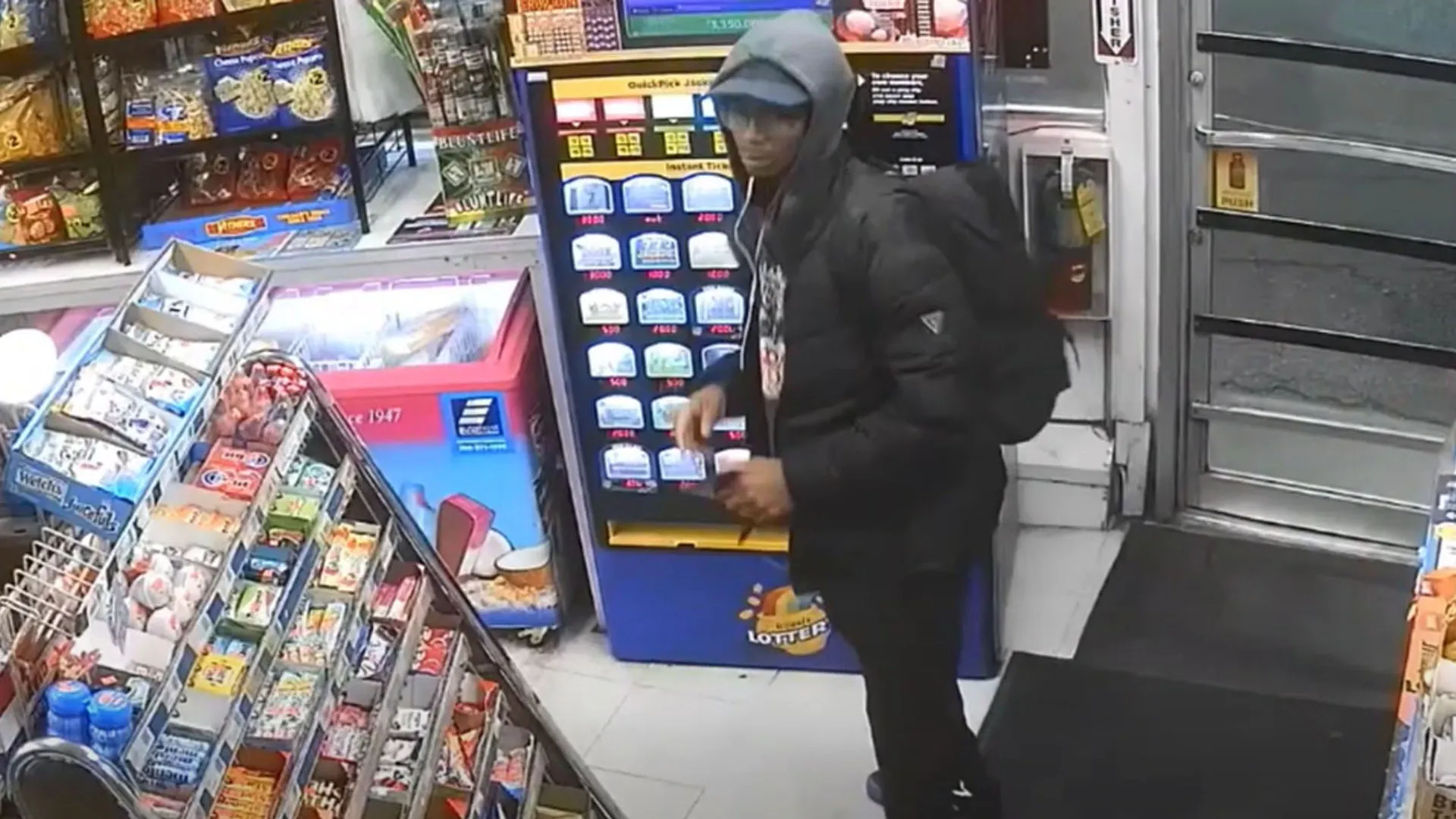Bulls have a problem with sluggish defensive starts originally appeared on NBC Sports Chicago
Amid a disjointed 9-14 start to the 2022-23 NBA season, the Chicago Bulls’ defense has been a pleasant surprise. Through 23 games, they have allowed opponents to score at a rate of just 111 points per 100 possessions, good for the 12th-best defensive rating in the league.
But what that umbrella figure papers over is a drastic split between the start and end of games.
Feeling out of the loop? We'll catch you up on the Chicago news you need to know. Sign up for the weekly Chicago Catch-Up newsletter here.
In the first half of games this season, the Bulls own a 117.2 defensive rating, 25th in the NBA. In the second half, that figure dips to 104.5, second only to the Cleveland Cavaliers.
Here is how their defensive rating breaks down by quarter:
| Quarter | Defensive Rating | Rank |
|---|---|---|
| First | 117.9 | 25th |
| Second | 116.6 | 25th |
| Third | 104.9 | 2nd |
| Fourth | 104.1 | 4th |
Local
When asked after Tuesday’s practice — the team’s first back home after a six-game road swing — why the Bulls’ defense has suffered from slow starts, Billy Donovan was blunt.
“We just can't have things externally kick us into gear and motivate us,” he said. “And what I mean by that is the scoreboard.”
Indeed, the Bulls have developed a nasty habit of falling behind by big deficits early in games, only to scrap their way back and suffer close defeats.
Filed under evidence: According to Sports Radar, the Bulls have allowed 60 first-half points 11 times this season, tied for sixth-most in the NBA with the Golden State Warriors and Utah Jazz. That figure has contributed to the Bulls winning only five first halves out of 23 games (and losing nine of their last 11), last in the league. They have also trailed by double-digits at the break six times, tied for eighth-most with the Indiana Pacers.
That would be an unsustainable formula even if the Bulls were winning games — which, despite their best efforts, they are not, with a 2-9 record in contests that fall within a five-point margin in the final five minutes of the fourth quarter.
The most bedeviling aspect of this trend is that the team’s winning formula on the defensive end is clear as day to outside observers and those inside the Bulls’ building.
“It's active. It's helping each other. Getting deflections, getting great possessions of just keeping the ball out of the paint and then rebounding,” said Alex Caruso. “I think that's when we're at our best.”
To his point, the Bulls have allowed opponents an effective field goal percentage of 58.2 in first halves this season, 29th in the NBA, and forced turnovers on only 14.3 percent of opponent possessions, 19th. They also allow 19.2 3-point attempts per first half (27th), on which opponents have shot 40.1 percent (28th).
In second halves, though? The Bulls’ rank ninth in opponent effective field goal percentage (51.9) and first in opponent turnover rate (17.9 percent). There is also evidence to suggest they more effectively run teams off the 3-point line, both in terms of volume and percentage:
| First Half | Second Half | |
|---|---|---|
| Opp. 3-point attempts | 19.2 (27th) | 15.3 (7th) |
| Opp. 'Wide Open' 3-point attempts | 9.7 (25th) | 6.7 (5th) |
| Opp. 'Open' 3-point attempts | 7.5 (24th) | 6.7 (17th) |
| Opp. 3-point percentage | 40.1% (28th) | 34.6% (15th) |
*NBA.com defines "wide open" 3-point attempts as taken with the closest defender six or more feet away, and open 3-point attempts as taken with the closest defender four-to-six feet away.
“We've gotta establish that kind of standard or style or identity much earlier," Donovan said. "I get the swings in NBA games and I know there's a lot of teams that have been down by 18 or 19 or 20 points and come back and won... But it's tough on a consistent basis to have to overcome that night after night.”
Added Caruso: “I don't know if I have an answer to why we start slow on that end. I think it's more so just about not trying to feel the game out. More so setting the pace and the tempo, rather than feeling it out and seeing what the game brings to us.
“We’re more than capable of it. We do it in the second half, sometimes when we're down 10 points, 15 points, rather than doing it from the beginning of the game, which is obviously something that obviously we gotta work on, we've talked about. It's a thing we know that we've been doing and we've gotta correct the ship.”
Given the Bulls' reliance on points off turnovers — they rank second in the league in percentage of points scored off turnovers (18.1) — playing to the standard Donovan speaks of for all four quarters would likely juice an underperforming offense, as well.
All of the above represents a significant factor in the Bulls head coach's decision to shake up his starting lineup ahead of Friday’s loss to the Golden State Warriors, inserting Caruso and Javonte Green into the first unit ahead of Ayo Dosunmu and Patrick Williams.
“More or less, yes. Just looking at something different,” Donovan said when asked if his reasoning for the lineup change was rooted in the team’s slow defensive starts.
“Guys like Alex and Javonte, just with their motor and their energy — and I think Ayo plays with great energy and I think Patrick’s gotten drastically better — but as veteran guys, I think them maybe matching with Zach (LaVine) and Vooch (Nikola Vučević) and DeMar (DeRozan) gives us a different look.”
The sample size since Donovan pushed that button is far too small to evaluate. And Green is likely to miss his second straight game Wednesday against the Wizards with a right knee contusion.
But Caruso is right that the Bulls have displayed an ability to play the way they need to, and against elite competition, at that — namely, in wins over the Boston Celtics (twice) and Milwaukee Bucks.
All of which is to say, if the Bulls want to turn their season around, add sluggish first-half defense to a growing list of troubling trends to correct.






